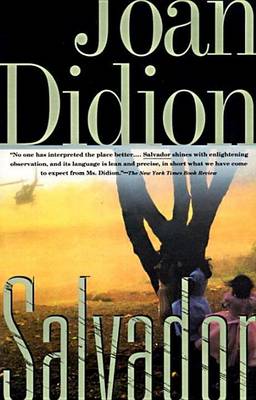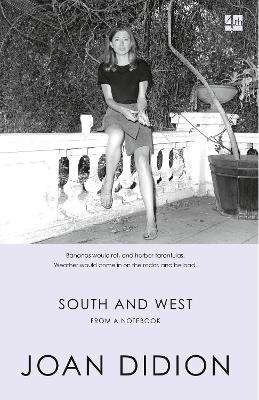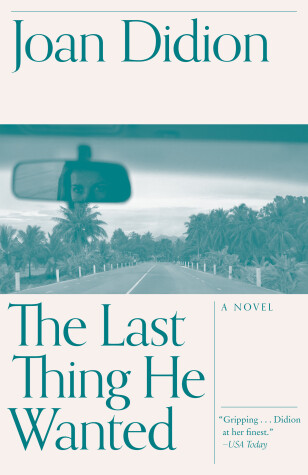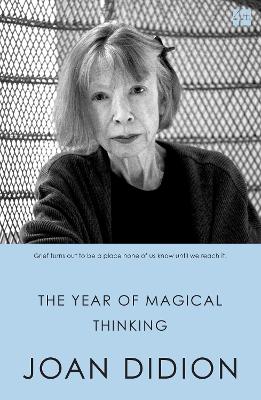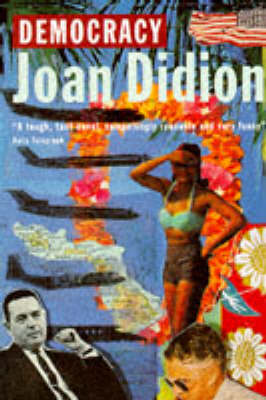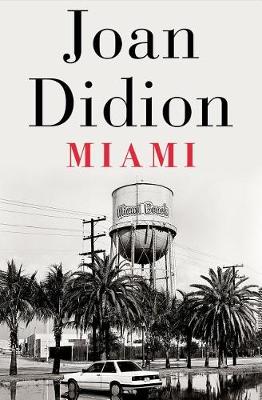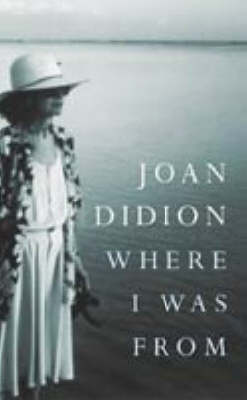Vintage International
10 total works
From one of the most important chroniclers of our time, come two extended excerpts from her never-before-seen notebooks – writings that offer an illuminating glimpse into the mind and process of a legendary writer.
Joan Didion has always kept notebooks: of overheard dialogue, observations, interviews, drafts of essays and articles
Here is one such draft that traces a road trip she took with her husband, John Gregory Dunne, in June 1970, through Louisiana, Mississippi, and Alabama. She interviews prominent local figures, describes motels, diners, a deserted reptile farm, a visit with Walker Percy, a ladies' brunch at the Mississippi Broadcasters' Convention. She writes about the stifling heat, the almost viscous pace of life, the sulfurous light, and the preoccupation with race, class, and heritage she finds in the small towns they pass through.
And from a different notebook: the "California Notes" that began as an assignment from Rolling Stone on the Patty Hearst trial of 1976. Though Didion never wrote the piece, watching the trial and being in San Francisco triggered thoughts about the city, its social hierarchy, the Hearsts, and her own upbringing in Sacramento. Here, too, is the beginning of her thinking about the West, its landscape, the western women who were heroic for her, and her own lineage.
The narrator introduces Elena McMahon, estranged from a life of celebrity fundraisers and from her powerful West Coast husband, Wynn Janklow, whom she has left, taking Catherine, her daughter, to become a reporter for The Washington Post. She finds herself boarding a plane for Florida to see her father. She becomes embroiled in her his business even though "she had trained herself since childhood not to have any interest in what he was doing." It is from this moment that she is caught up in something much larger than she could have imagined.
Didion makes connections among Dallas, Iran-Contra, and Castro, and points out how "spectral companies with high-concept names tended to interlock." As this book builds to its terrifying finish, we see the underpinnings of a dark historical underbelly.
From one of America's iconic writers, a portrait of a marriage and a life – in good times and bad – that will speak to anyone who has ever loved a husband or wife or child. A stunning book of electric honesty and passion.
Several days before Christmas 2003, John Gregory Dunne and Joan Didion saw their only daughter, Quintana, fall ill. At first they thought it was flu, then pneumonia, then complete sceptic shock. She was put into an induced coma and placed on life support. Days later – the night before New Year’s Eve –the Dunnes were just sitting down to dinner after visiting the hospital when John suffered a massive and fatal coronary. In a second, this close, symbiotic partnership of 40 years was over. Four weeks later, their daughter pulled through. Two months after that, arriving at LA airport, she collapsed and underwent six hours of brain surgery at UCLA Medical Centre to relieve a massive hematoma.
This powerful book is Didion’s `attempt to make sense of the weeks and then months that cut loose any fixed idea I ever had about death, about illness … about marriage and children and memory … about the shallowness of sanity, about life itself’. The result is an exploration of an intensely personal yet universal experience: a portrait of a marriage, and a life, in good times and bad.
As Didion follows Miami's drift into a Third World capital, she also locates its position in the secret history of the Cold War, from the Bay of Pigs to the Reagan doctrine and from the Kennedy assassination to the Watergate break-in. Miami is not just a portrait of a city, but a masterly study of immigration and exile, passion, hypocrisy, and political violence.
